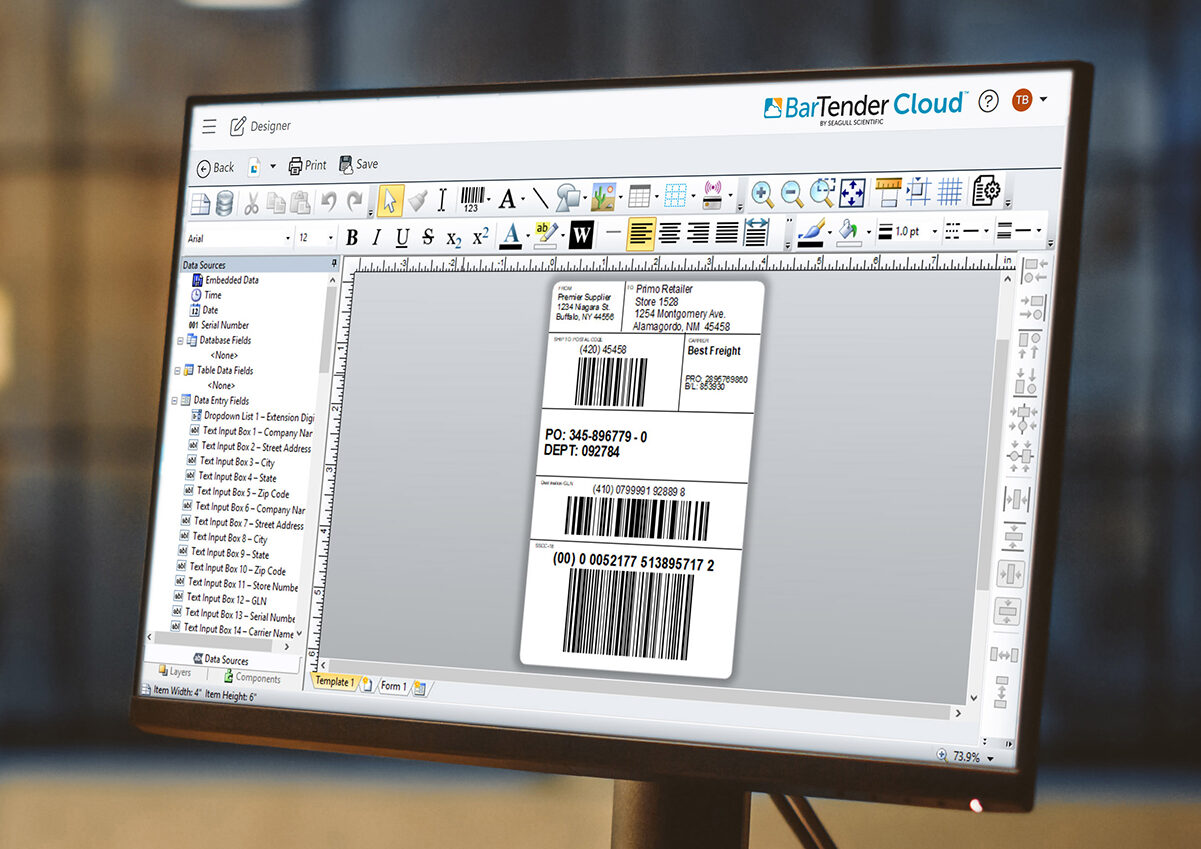The global clothing and home products retailer, NEXT, has modernized its supply chain operations by joining forces with Körber Supply Chain. After a successful partnership through ten years, a nearly 2-kilometer Rail Guided Vehicles (RGVs) track will now ensure seamless transportation of products between two warehouses in Doncaster, South Yorkshire, UK.
Starting their partnership in 2011, Körber and NEXT Doncaster have consistently worked on enhancing NEXT’s Home business operations. Their journey began with an innovative storage solution for sofas and space for 27,000 pallets. Over time, they have added advanced conveyor systems, set up a new Distribution Centre, while their latest addition is an RGV system paired with modern monitoring software. Each venture has been a strategic move to modernize NEXT’s supply chain operations.
“Our objective is to drive down overall costs, minimize the risk of product damage, and secure efficiency and competitiveness within a dynamic market landscape. Upholding stringent operational standards within our warehouses is paramount for sustaining a profitable business model in today’s market. The decision to modernize our warehouses through automation, a journey we began with Körber back in 2011, became imperative,” explains Ryan Loska, Engineering Manager at NEXT Doncaster.
Expertise bolsters operations
To facilitate future growth, NEXT has opted for a turnkey solution from Körber Supply Chain – featuring the integration of Rail Guided Vehicles (RGVs) within its warehouse infrastructure. This automated logistics system is designed to streamline supply and routing processes while meeting the capacity to manage sizeable home furniture and carry it substantial distances to designated storage and outbound locations. It is a critical facet in the operations of a global clothing and home products retailer.
“Our selection of Körber as a collaborative partner was rooted in their well-established industry expertise and capability to provide an integrated pallet handling solution adapted to our products. Since incorporating the RGVs, the system’s energy efficiency has reduced operational expenses and reinforced our overall business resilience. It enables efficient transportation of goods within the warehouse, while the storage system helps us keep track of what is always in stock. All of which is essential for our business,” added Loska.
The transportation system integrates two warehouses, which are linked by a track spanning approximately 1.5 kilometres. The system incorporates 81 RGVs for seamless transportation of products.
Modernizing supply chain operations
With the advancements within automated supply chains, finding the most suitable solutions to enhance supply chain efficiency is crucial. Körber Supply Chain’s core priority is to support businesses with cutting-edge logistics solutions that create vital value for growth and accommodate the issues the customer faces.
“Our mission revolves around equipping companies with resilient and future-proof logistics solutions. Therefore, we are proud to be part of NEXT’s aspirations towards establishing a more sustainable business model, working in collaboration with them to achieve greater robustness and efficiency in their system through automation. The outcome is a solution that caters to immediate operational needs while proactively anticipating future challenges, which is crucial in the modern market,” says Renata Pinedo, UK General Manager at Körber Supply Chain.
Supply chains are growing more complex by the day. Körber provides a broad range of proven, end-to-end supply chain solutions fitting any business size, strategy, or appetite for growth. Their customers conquer the complexity of the supply chain thanks to Körber’s portfolio, which includes software, automation, mail and parcel solutions, voice solutions, robotics, and materials handling – plus the expertise to tie it all together. Körber helps to manage the supply chain as a competitive advantage. The Business Area Supply Chain is part of the global technology group Körber.











